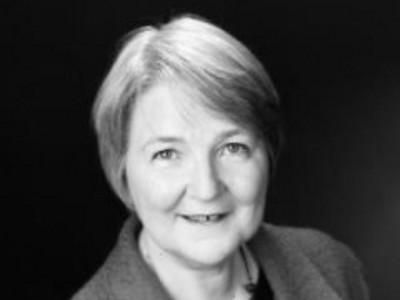Bio
Ingibjörg Haraldsdóttir was born in Reykjavík on October 21st 1942, and grew up there. She graduated with a Mag. Art degree in film studies from Moskow School of Film in 1969. From 1970 – 1975 she worked as Assistant Director at Teatro Estudio in Havana, Cuba. While living in the Soviet Union and on Cuba, she wrote and translated articles for Icelandic newspapers. Ingibjörg moved back to Iceland in 1975 and worked as a journalist and film critic for Þjóðviljinn newspaper for a number of years.
In 1981 Ingibjörg became a full time poet and translator. Her first collection of poetry, Þangað vil ég fjúga (I Want to Fly There), was published in 1974. Ingibjörg published seven books of poetry, two of which were collections of her previous work. Her poetry has been translated to Hungarian, German, Latvian, Lithuanian, Bulgarian, Russian, English and the Scandinavian languages. She received numerous recognisions for her work, both her poetry and translations. Her book of poetry, Hvar sem ég verð (Wherever I Will Be), won the Icelandic Literature Prize in 2002.
Ingibjörg Haraldsdóttir was one of Iceland's best known translators of literature, mainly from Spanish and Russian. Among her outstanding translations are several novels by Dostojevski and Bulgakov. She also translated numerous plays and her poetry and short story translations were published in literary magazines and read on Icelandic radio.
Ingibjörg was a member of the board of the Icelandic Writer's Union from 1992-1998, and its Chairman from 1994-1998. She was co-editor of Tímarit Máls og menningar literary magazine from 1993-2000.
Ingibjörg Haraldsdóttir passed away in November of 2016.
About the Author
“This is my home”: Worlds, Home and Away in Ingibjörg Haraldsdóttir’s Poetry
“A woman is missing who/left home in days of yore/scantily clad, with flaming/fires in her eyes” These are the first words of Ingibjörg Haraldsdóttir’s book of poetry, Nú eru aðrir tímar [Times Have Changed] (1989), and they refer to the radical changes in political fervour on behalf of society and the poetess herself. The young woman (poet) with rosy cheeks who “headed uphill and vanished/into the treacherous fog” becomes the symbol for revolutionary fervour, but since she disappeared into the fog she has “not been seen”. But even though this rosy cheeked young woman has walked uphill and disappeared, the one left behind has by no means lost her fire, a blaze is still burning in the eyes of the poetess, only now it is the flame of poesy.
Ingibjörg studies in Cuba and the USSR. Thus she learned about socialism first hand and her poetry is clearly marked by it, her political beliefs shine through, the opposition to war and warfare and alignment with socialist struggle. However, while Ingibjörg’s poetry is poetry with a political agenda it is not marred by it, never collapsing into being flat propaganda, as clearly illustrated by the aforementioned poem. The visualisation of the young and rosy cheeked is witty and the title “Missing” (literary translation would be advertisement) contains the mixed emotion often found in Ingibjörg’s poetry. On the one hand there is a reference to the revolution, here taking the form of a young woman who braves the steep, but this image is then doubted by making this journey rather impetuous, she is scantily clad and does not seem to think too much ahead as she rushes into the fog. On the other hand advertisement is a capitalist tool, and the image of an ad is posed opposite the ‘poem’ itself, as a tool for revolution.
Ingibjörg’s first book of poetry, Þangað vil ég fljúga [I Want to Fly There] (1974), is divided into two worlds. The structure is tight and rather linear, almost as in a narrative. This is underlined in the first poem, named “Beginning”, describing the birth of the poetess: “I was born in a grey house/in a bluewhite country by the farthest ocean/one Octoberday long ago”, and “the tall tale about the world and me/began there one Octoberday...” Here we see an enjoyable and unusual narrative simulation in the form of a poem, and this is continued in the first poems but comes apart as the book continues. In these first poems the world of childhood is seen in a rosy light, a little girl comes home in her red jeans to find a small drooling brother in a drawer of a commode. The world of childhood is also the world of rearing and learning, daddy explains strikes but does not teach his daughter to march like the soldiers. Then the scene changes, ships sail into the sky and in “The Eternity of the Days” we are told about men who “travel disoriented/around the surface of earth” and finally the narrator sits under a mango-tree, getting older. The little girl has gone out into the world and the second part of the book is full of nostalgia and thoughts of home while staying in unknown lands and beaches. It is from there that the world of childhood looks so bright, in “A Poem about a Butterfly” the butterfly has only one day to dream and thus it should not be woken up. The poem points in two directions, towards childhood and the older one sitting under the mango-tree. The nostalgia is most clear in the poem “To be a Foreigner”, where the narrator keeps a “summer night in a still bright town” locked up in a container, which she opens when alone:
þegar ég er ein
opna ég hirsluna
og hlusta á skóhljóð sjálfrar mín
bergmála í sofandi húsunum.[when I am alone
I open my container
and listen to my own footsteps
echoing in the sleeping houses.]
The stillness featuring in the poem, figured in the sleeping houses and the hushed echo in a chest, is typical for Ingibjörg’s poetry and is furthermore her main strength. In some of the poems the individual’s powerlessness facing the screams of darkness appears, when “murders are committed while you sleep”, and the powerlessness of the foreigner facing the world alien to her is so much that she cannot even put her thoughts into words. But still she can, for this is exactly Ingibjörg’s art, to put into words the varied moments, looks and reflections; pierce them with a pin, stop them in mid-flight, put them under a glass, like she puts it herself in the poem “Moment”, from 1983:
Þú dokar við
horfir í nærstödd augu
hugsar um eithvað
- eitt andartak
[...]
geturðu níst það prjóni?
stöðvað það á flugi?
sett það undir gler?[You pause
look into nearby eyes
think of something
- one moment
[...]
can you pierce it with a pin?
stop it in mid-flight?
put it under a glass?]
And it is the stillness in Ingibjörg’s poetry that is able to stop moments and pierce thoughts with pins, placing eyes and images for a moment under a glass. In this stillness the images stand clear like stars on the expanse of night, stars that Ingibjörg continually writes about, stars that live in the night, die in the day, stars that promise and stars that shoot down. “We live together on this star” she reminds us in the poem “Encouragement” in Þangað vil ég fljúga, and encourages us thus to join hands and work together. Even though this first book also contains a strong feeling of tension, right in the middle of all the stillness, an uneasy expectation for something, perhaps to change the world?
Orðspor daganna [The Reputation of Days] (1983) is in many ways different from Þangað vil ég fljúga, while still being a certain kind of a sequel to it. Orðspor daganna is noticeably pessimistic and darker in its take on Icelandic everyday reality and in particular the so called ‘race for comfort and luxury’, the building of a house is seen as a building of a prison and the feeling of security comes at the cost of freedom. Ingibjörg mixes into this the homecoming from abroad, the poems in the first two chapters are poems of disappointment at the homecoming, and now the nostalgia is turned away from home, to foreign countries. Time is the main subject, time that has disappeared without a trace, or spun uncontrollably out of the kitchen window over the endless dirty dishes, and the march of time, the days, is marked by a word for every step. The poetess still carries the tumult of socialism in her bosom but she has no shelter by the country’s heart, is tied down by the kitchen sink, cemented within a house. There are strong feminist undertones, as in the well known poem “Angst” describing how anxiety is gnawing through the narrator’s root, “until one day” when “some part of me/spins uncontrollably out into the open” while “the rest stays behind/finishing the dirty dishes.” In the next poem “Woman” we see an image of a woman of the kind who stirs my fire (an image from a well known poem by late romantic and socialist poet Davíð Stefánsson), for after fervent meetings “where everything has been said” and the world’s problems “weighed evaluated and resolved”, there is always a woman who “clears the table/mops the floor and opens the windows/to let out the smoke of cigars.”
This tone of defeat is not at all overwhelming, “with two empty hands” the narrator of the poem rises determined and wakes up from a century long sleep, seemingly ready to take on life. In the poem “Sleeping Beauty” it says: “Now I rise determined and wake up/from a century long sleep/- or am I being born?”, “Somebody has told me/that this is my home.” There is a certain kind of narrative thread that gives Ingibjörg’s poetry a unique nuance, not only within the books but also between them. Even though this narrative thread is never a solid one, a linear development, continuation and connections can be seen between the poems. While bitterness and defeat mark many of the poems, the general overtone is powerful, perhaps owing to the optimism invested in the children Ingibjörg writes about, they will inherit the earth and the daughter drinks the mother’s revolutionary thoughts at the breast in the poem “A Child at My Breast” at the end of the book:
Ég dái konur
sem halda vígreifar
útá hála brautina
[...]
Þannig hugsa ég
[...]
meðan dóttir mín drekkur
hugsanir mínar
með móðurmjólkinni[I admire women
who go full of fighting spirit
forth the slippery road
[...]
This is how I think
[...]
While my daughter drinks
my thoughts
with her mother’s milk]
Ingibjörg’s third book of poetry, Nú eru aðrir tímar (1989), is published at the time of Gorbatsjov’s perestroika, heralding a wave of major changes, communism (in its USSR form) is about to fall and socialists of all countries are examining their minds. The nostalgia characteristic of Ingibjörg’s former books appears again in Nú eru aðrir tímar, but now it is more mixed than before, ideas and attitudes have changed and the poetess has changed as well. The bitterness is utterly gone, in the poem “From “the picture-book of the mind – Moscow””, there is a memory, mixed with new knowledge, a new approach to the USSR communism, and also a sweet-but-painful gladness for the moments that were created there and will not be taken back, nor repeated in “A world that was/and we had together”. Nú eru aðrir tímar is mostly free from the tumult found in Orðspor daganna. There is more of looking back with a smile, as indicated in the first poem about the young woman with rosy cheeks disappearing into the treacherous fog. It is as the poetess is more prepared to accept, the bonds that hold her are the silken bonds of mother’s love. Still there is this feeling for being closed in, “the gap grows/between what is/and what should have been” it says in the poem “Nostalgia”, but the yearning is more like mourning a memory. Ingibjörg still writes about politics and women’s situation, the whole nation looks into the abyss of television and a woman with wild eyes knocks the glass window with her bare knuckles, screaming, maybe it is the one spinning uncontrollably out of the kitchen window in “Angst”? The imagery has been further fine-tuned and polished in the tumultuous sea of poetry and the stillness is stronger yet. The stillness of the poetry seems to mirror the emotional calm of the poetess, and this is best seen in the poem “Return”, where it says: “Then she came and saw/her life ripple/the calm surface/of time//her irreversible/life”. When this beautiful image of one human being’s life in the endless time is placed beside the poem “Angst” from Orðspor daganna, where the basic idea is similar, a being in time, then the progress becomes clear. In “Angst” the feeling is above all about fretfulness, “some part of me/spins uncontrollably out into the open”; this is a potent image of a wasted life – beside the kitchen sink – rather than the ripple that for a moment is formed on the surface of time. Nú eru aðrir tímar is above all characterised by this stillness, and it is precisely there that the power of the poetry resides, still images ripple the surface of the poem and put their mark on it.
In 1991 Ingibjörg’s books of poetry and poetry translations where published together in a book, with some new poetry in addition. This publication was a sign of the recognition Ingibjörg has as one of the major contemporary Icelandic poets. Four years later Ingibjörg published a new book of poetry, Höfuð konunnar [The Woman’s Head] (1995). The book starts with quotes about two human heads, one the general human head which is rather heavy, according to poet Sigfús Daðason, and the other the scull of saga-hero Egill who also was considered to be rather on the heavy side. But in Ingibjörg’s poem about the woman’s head, her head is not at all heavy, rather it is “a snow-white/soft as a feather/wisp, sometimes moving “at top speed”, loses its direction and gets lost. With this play between human (male) heads and the woman’s head it would appear that Ingibjörg is here taking on ‘tradition’ itself, and the first poem “Land” seems to accentuate that, going: “I will tell you nothing about the country/I sing no patriotic songs”, instead the narrator asks the reader to stand beside her in the darkness, breath deeply and feel it coursing: “then say:/This is my home”.
Still the idea about home and away is being grappled with and here the poetess seems fully reconciled to being back ‘home’. In addition we see here an amusing declaration about the Icelandic tradition in poetry and the image of the country as it appears in poetry: the poetess boycotts these and asks the reader to feel at home in the darkness rather than in the stunning landscape or the dramatic history. It would be to much claim that the varied themes appearing in Höfuð konunnar can be drawn together into one big theme which is the struggle with tradition, it could rather been raid that such poems appear intermittently beside poems that are about something quite different. But another example of Ingibjörg’s individual approach to the struggle with patriotism is the poem “Lady of the Mountain” describing a dream about a woman and a mountain and the mountain is a woman. The narrator of the poem intends to seek shelter under mountain “But the mountain displayed/white clothing//and the blowing snow at its feet was cold”.
The image of the lady of the mountain (a traditional image in Icelandic patriotic poetry) thus seems not to be all that acceptable. This image of coldness takes on an added strength when mirrored in one of Ingibjörg’s many poems describing foreign countries. On the page opposite “The Lady of the Mountain” is the poem “Island” containing a familiar nostalgia for a green island with palms and white sand, yellow sun and red earth. This island lives also in the poetess dream, “still fragrant/green and green again/in my dreams”. Here we have clear oppositions, the cold island of the lady of the mountain and the green island far away. The dream appears again in the last stanza of the poem “The Woman’s Head” and there “the woman holds in her head/the murmur of the many days gone past/in the ecstasy of the dream and died/terribly later”:
Enn sigla skip um næturhöfin
og mætast, skríða hljóð
út úr dimmum þokum
og mætast[Still ships sail on the ocean of night
and meet, crawling quietly
out of dark fogs
and meet]
In this way we witness yet another meeting, the meeting between home and away, dreams and reality, the meeting between tradition – figured in a heavy human (male) head – and the woman – and her head is not heavy. All this sails around the night oceans of Ingibjörg’s poetry and crawls out of dark fogs to meet up.
The second part of Höfuð konunnar is dedicated to the Russian poetess Marína Tsvetajevna. Ingibjörg is not only a poet, she is also a dedicated translator and has translated poetry by aforementioned Russian poet and Spanish poets like Pablo Neruda, Cesar Vallejo, Roque Dalton, Gioconda Belli, Nicolás Guillén. All these poets have a strong political agenda in common.
As well as writing poetry Ingibjörg has done remarkable work translating novels from Russian and Spanish. It is thanks to her that since the eighties Icelanders have been able to get acquainted with Russian authors such as Dostojevsky, Mikail Búlgakof, Anatoli Rybakov and Ljúdmíla Petrúshevskaja in her wonderful translations. Furthermore she has translated two novels by Peruvian writer Manuel Scorza. All these translations are good indications of her acute sense of language and style. The role of translations within the literary landscape has been very much undervalued in Icelandic discussion. Literary critic Ástráður Eysteinsson has been the main spokesman for emphasising the role of translations for the literary discourse, with some success. The currents and isms that are carried through translations are particularly important the small and enclosed literary field of Iceland. In the eighties there was a deluge of translations, where writers like Guðbergur Bergsson and Ingibjörg Haraldsdóttir published a steady stream of important works. During this decade Icelandic literary life also bloomed and translations played without doubt a part in that. Publishing was going well and Icelandic authors took on new approaches and views in literature and literary discussion. Even though Ingibjörg focused mainly on classic literature rather than contemporary works, the power surrounding her translations were certainly involved into this enlivening of the literary landscape, making it richer. Thus it is safe to say that Ingibjörg’s translations from the original languages are an invaluable contribution to Icelandic literature. To be able to read such major works as The Brothers Karamasov, Crime and Punishment, The Idiot, The Devils and The Double by Dostojevsky, and the Master and the Margarita by Búlgakof in one’s own language is important for lovers of literature, and now these works have also been made available for the coming generations of readers.
Ingibjörg’s readers had to wait seven years for her next book of poetry, Hvar sem ég verð (Wherever I Will Be). Published in 2002 to critical acclaim, the book was awarded the Icelandic Literary Prize, and was without doubt the best work of fiction that year. As usually Ingibjörg uses her words sparingly and is careful in her expression, the book contains rather few poems, they are very concise, almost minimalistically styled and free of all noise. But it is exactly this modesty that makes them so impressive; Ingibjörg does not need to shout or show off, she grabs the reader tight with her stillness and measured pace, and it is impossible to open the book without reading it to the end. This is partly due to the structure, both rhythmic and carefully deliberated. The now familiar nostalgia is strongest in the first part, containing a few poems of memories from the past. The power of the poems continues to increase, chapter by chapter, until we arrive in the fourth chapter where the struggle with the poem becomes tougher, Ingibjörg is grappling with poetry itself and her image as a poetess, and she describes herself as disappearing – which is not at all the case if this book is any indication.
The poem “The Woman in the mirror” holds one of Ingibjörg’s marvellously tragicomic images: the woman in the mirror twists away, turning her back to the narrator and spreads out her shoulder blades and takes to the air and flies out of the picture, and the last thing seen is the shoe on her left foot. This poem illustrates well the tension that increases steadily. The fifth chapter is a long poem with the name “Six Small Night poems With a Prologue” and all this has the effect of being the prologue to the final chapter, the climax of the book, a compelling long poem on the struggle against life and death. Here the poetess uses themes from Nordic mythology and at times takes the form of one of the norns of fate. She refers to Odin, who is the god of poetry, but also the god of death, but contrary to another contemporary poetess, Vilborg Dagbjartsdóttir, who is angry at allfather in her poem from 1981, Ingibjörg seems to have made her peace with the old man.
© Úlfhildur Dagsdóttir, 2003.
The poem „Missing“ at the beginning of the article is taken from the book The Treasures of Icelandic Verse, Reykjavík: Mál og menning 1996. Bernard Scudder translated the poem. Other translations are by Úlfhildur Dagsdóttir.
Articles
Articles
Neijmann, Daisy L., ed. A History of Icelandic Literature
University of Nebraska Press, 2007, pp. 547-548
Svanhildur Óskarsdóttir: “Tilværelsens anakronisme : Ingibjörg Haraldsdóttir beskæftiger sig klart, enkelt og lokkende med tidens og tilværelsens modsigelser = The anachronism of existence : Ingibjörg Haraldsdóttir confronts the conflicts of our time and existence with clarity, simplicity, and an enticing touch”
Nordisk litteratur 1993, pp. 38-39
Úlfhildur Dagsdóttir: “Mod andre tider”
På jorden 1960-1990, Nordisk kvinndelitteraturhistorie, bind iv, ritstj. Elisabeth Møller Jensen og fl. København, Rosinante 1997, s. 233-236
Awards
2010 – Elected an Honorary Member of the Icelandic Writer’s Union.
2004 – The Icelandic Translation Award: Fjárhættuspilarinn by Fjodor Dostojevskí
2003 – Reykjavík City Artist
2002 – The Icelandic Literature Prize: Hvar sem ég verð (Wherever I Will Be)
2002 – The Icelandic Order of the Falcon: For her contribution to Icelandic literature
2000 – The Guðmundur Böðvarsson Poetry Award
1988 – DV Cultural Prize for Literature: Fávitinn by Fjodor Dostojevskí (for the translation)
Nominations
2004- The Nordic Council’s Literature Prize: Hvar sem ég verð (Wherever I Will Be)
1995 – The Icelandic Literature Prize: Höfuð konunnar (The Woman’s Head)
1993 – The Nordic Council’s Literature Prize: Nú eru aðrir tímar (Different Times)
1989 – The Icelandic Literature Prize: Nú eru aðrir tímar
Ljóð í leiðinni: skáld um Reykjavík (Poetry to Go: Poets on Reykjavík)
Read more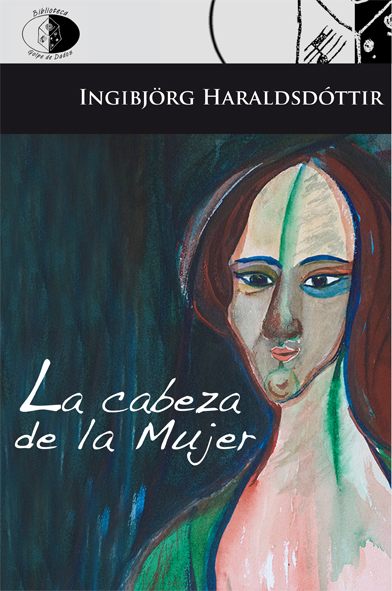
La cabeza de la mujer
Read more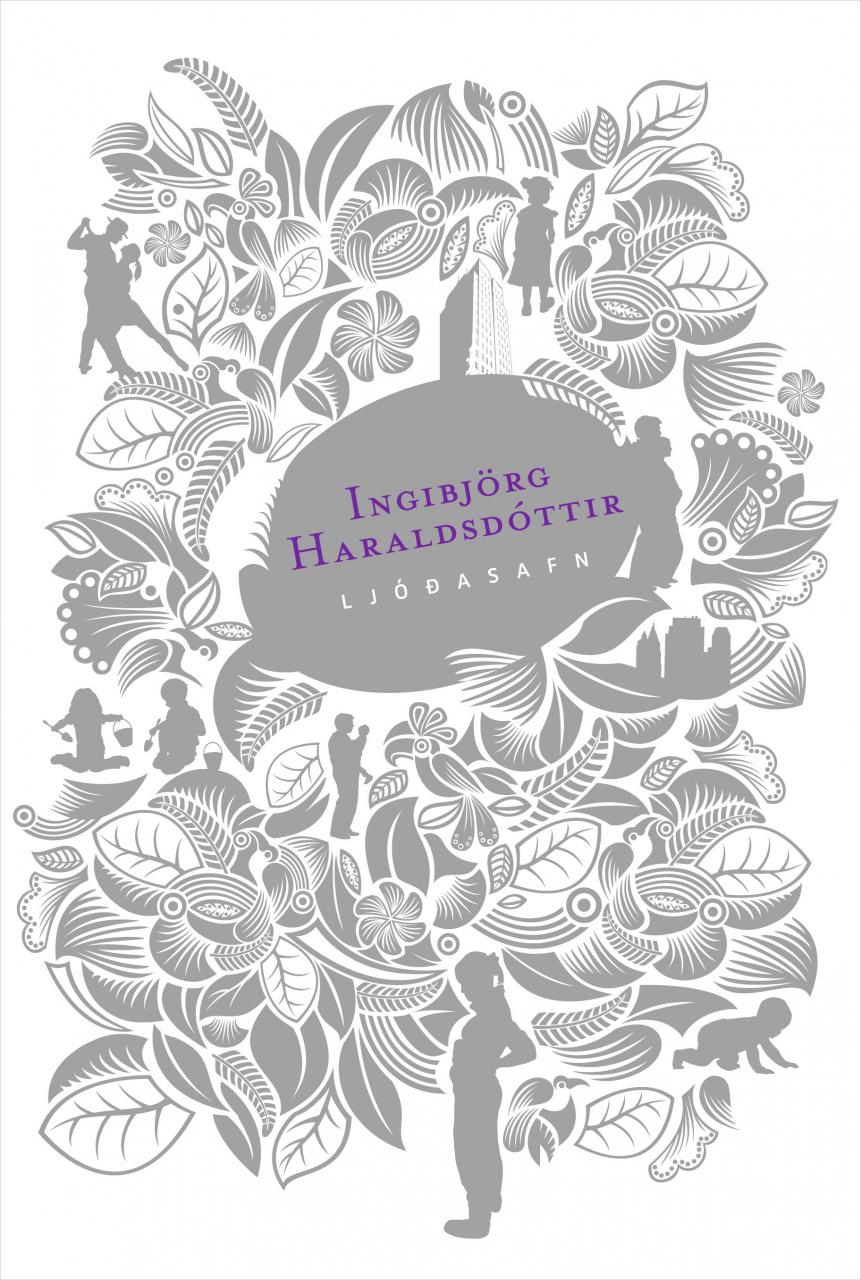
Ljóðasafn (Collections of poems)
Read morePoems in Moord liederen
Read moreMinningarorð um Franz Gíslason
Read moreLjóð gripin sem hálmstrá
Read more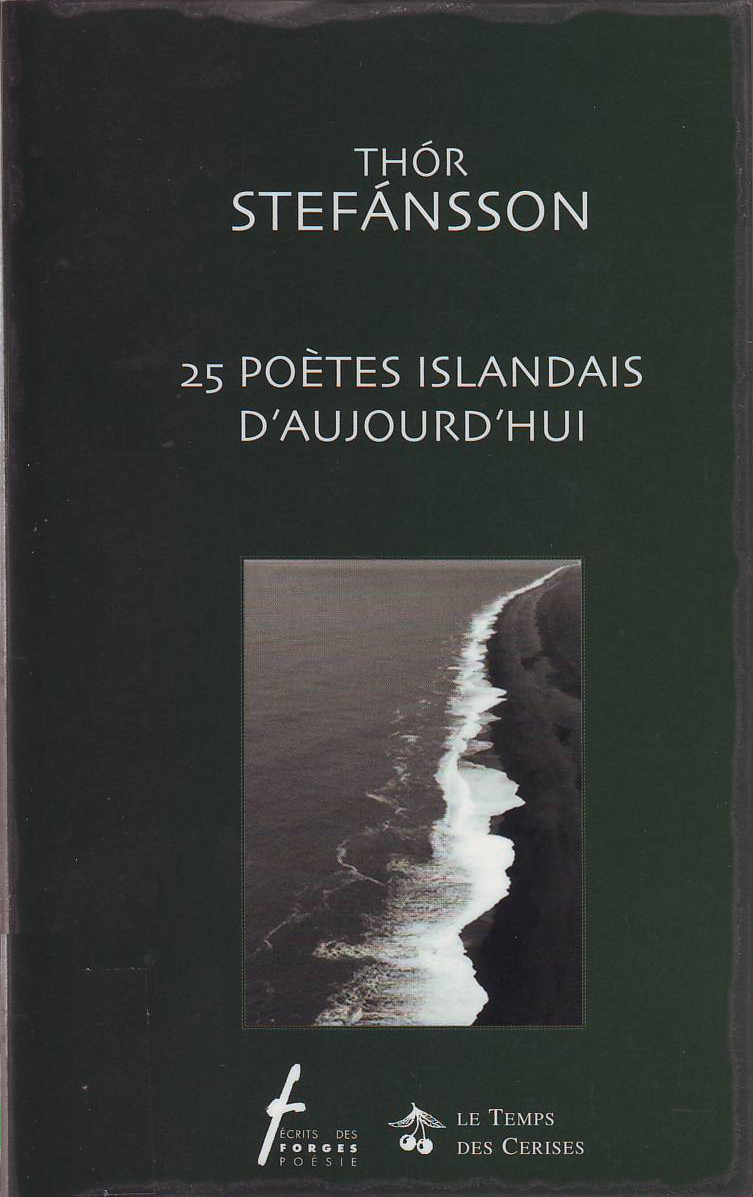
Poems in í 25 poètes islandais d´aujourd´hui
Read morePoems in Islande de glace et de feu
Read moreKvindens hoved
Read more
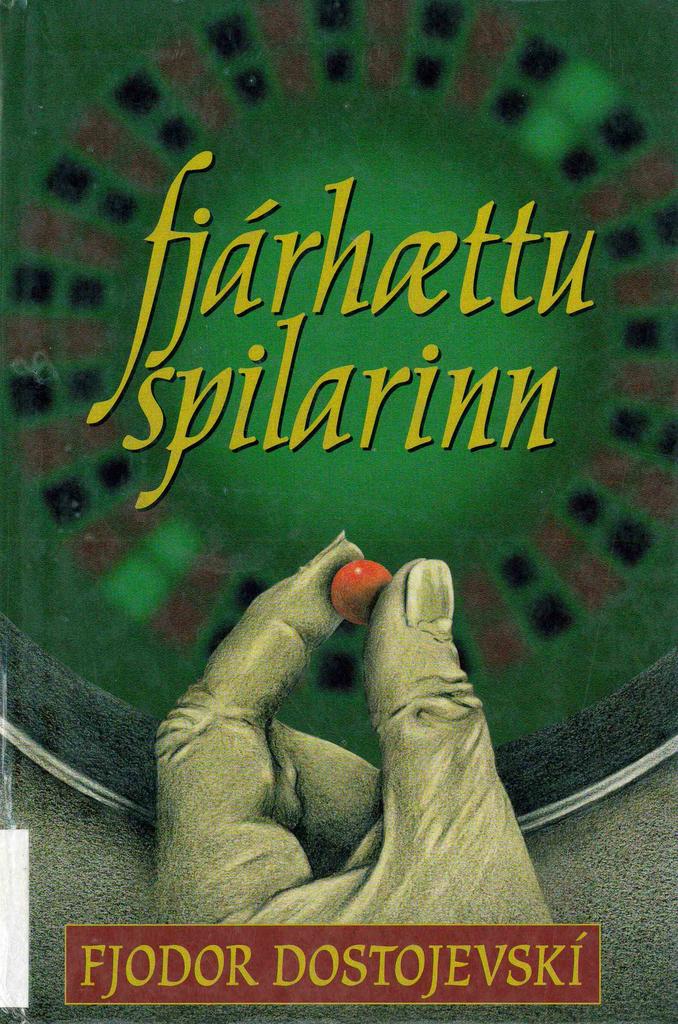
Fjárhættuspilarinn
Read more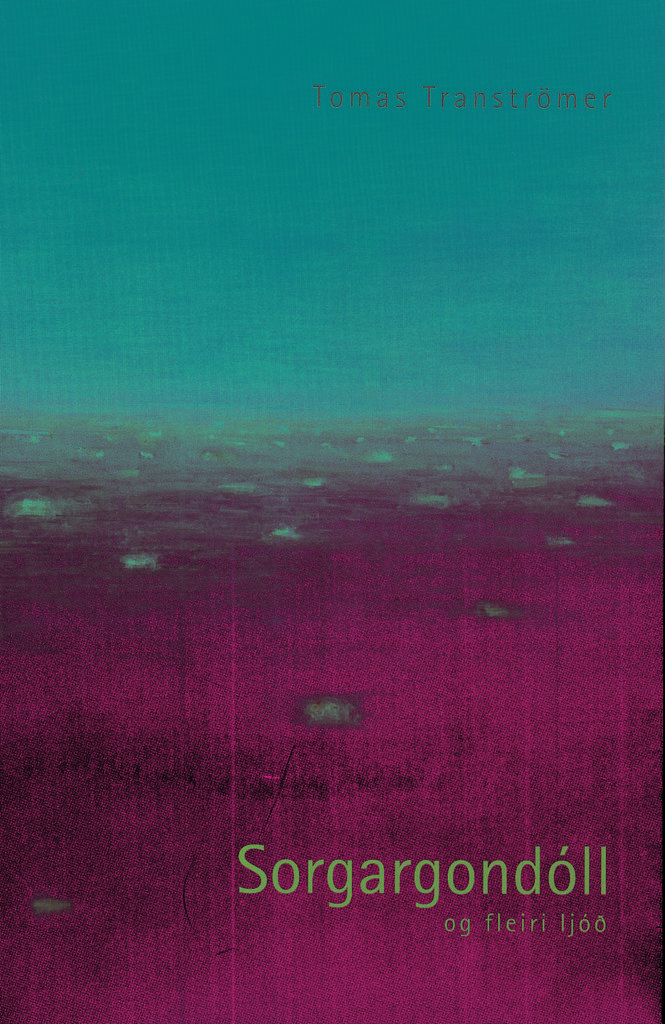
Sorgargondóll og fleiri ljóð (Sorgegondolen)
Read moreKirsuberjagarðurinn: gamanleikur í fjórum þáttum
Read more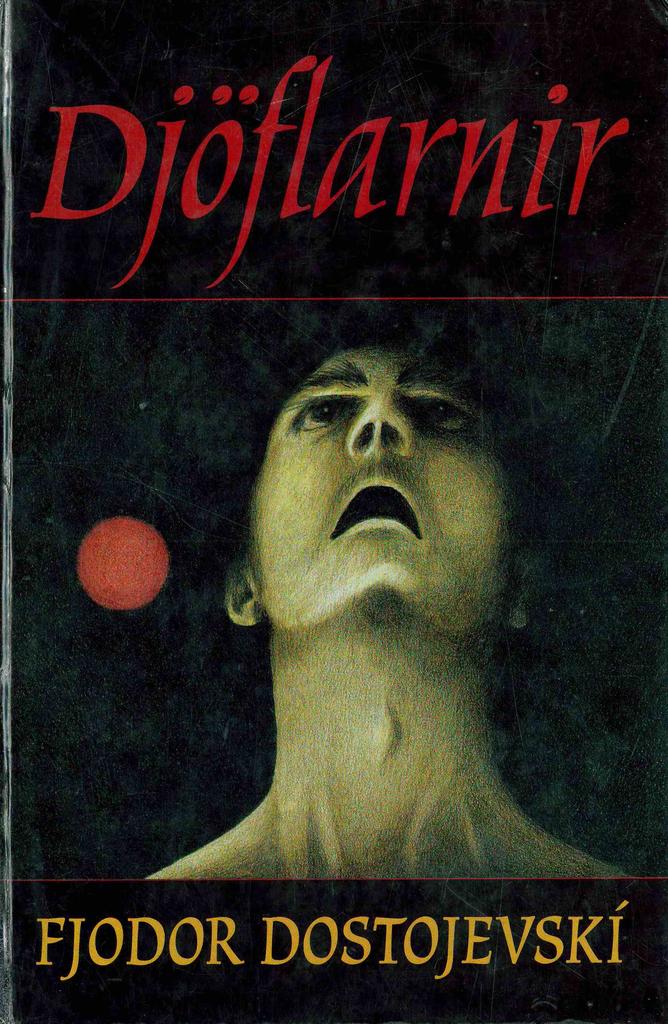
Djöflarnir
Read more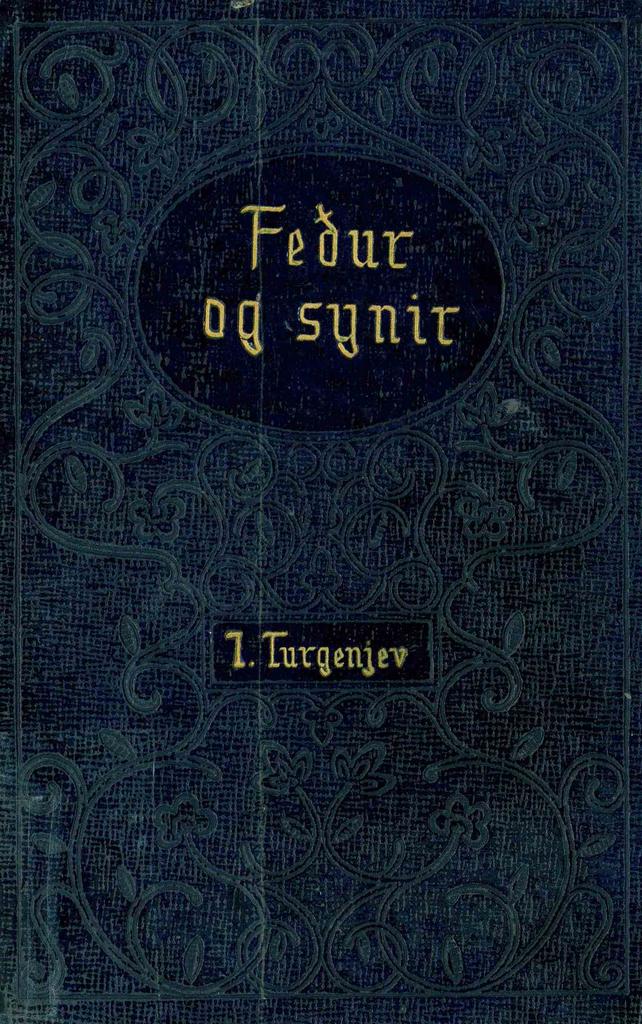
Feður og synir (Ottsy i deti)
Read more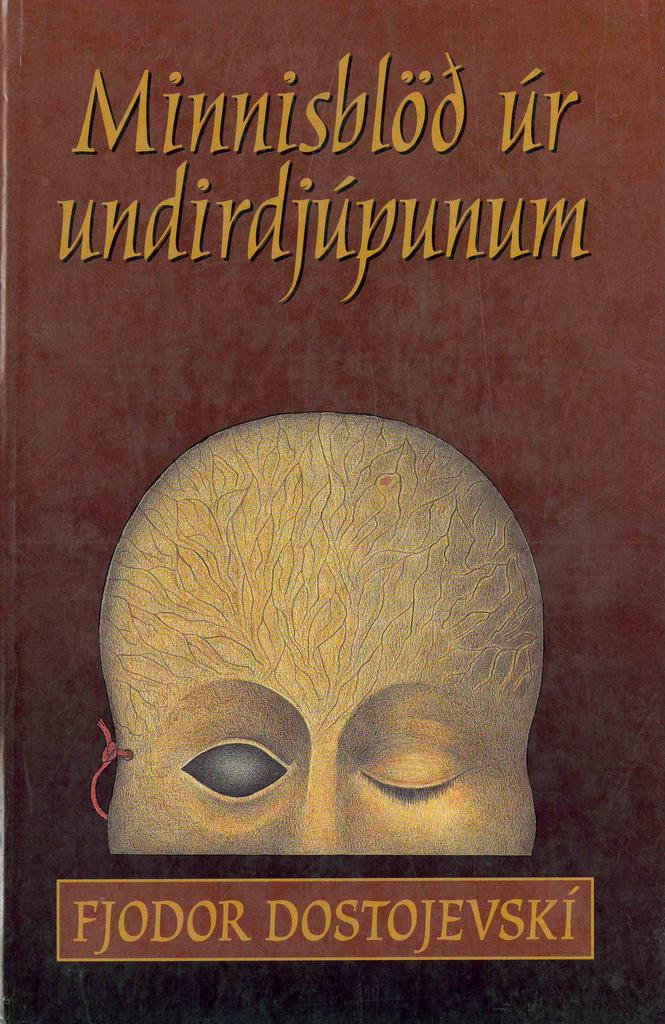
Minnisblöð úr undirdjúpunum (Zapiski iz podpolja)
Read moreTvífarinn. Pétursborgarbálkur (Dvojník)
Read more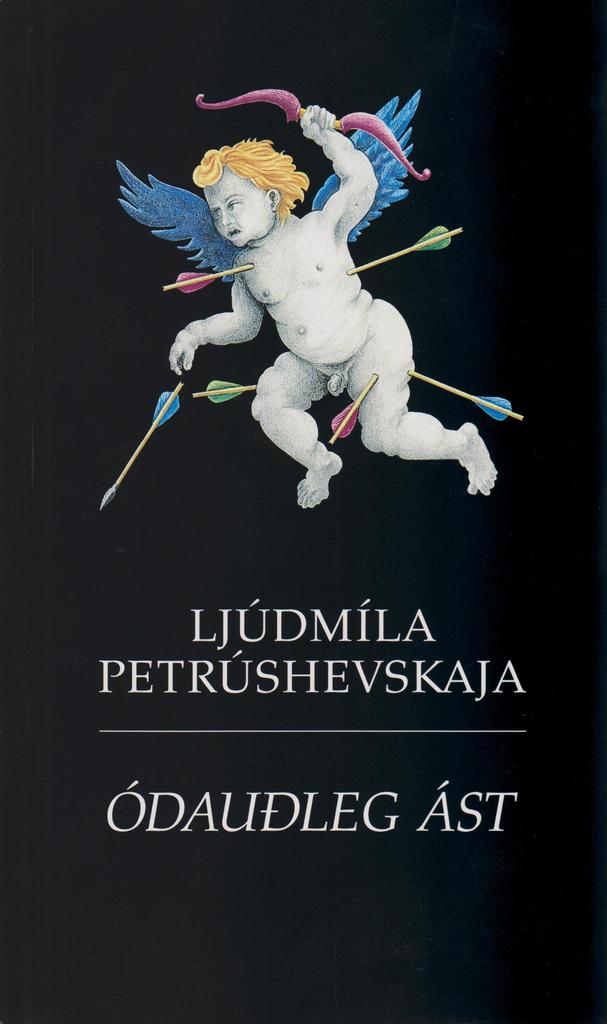
Ódauðleg ást (Béssmértnaja ljúbov)
Read more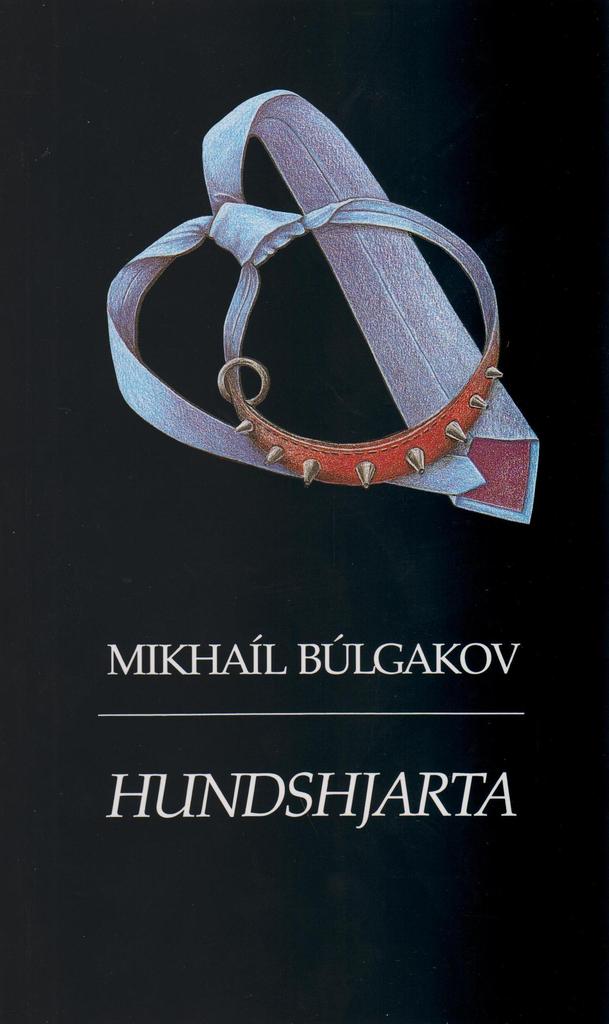
Hundshjarta (Sobatsje sjerdtse)
Read more
